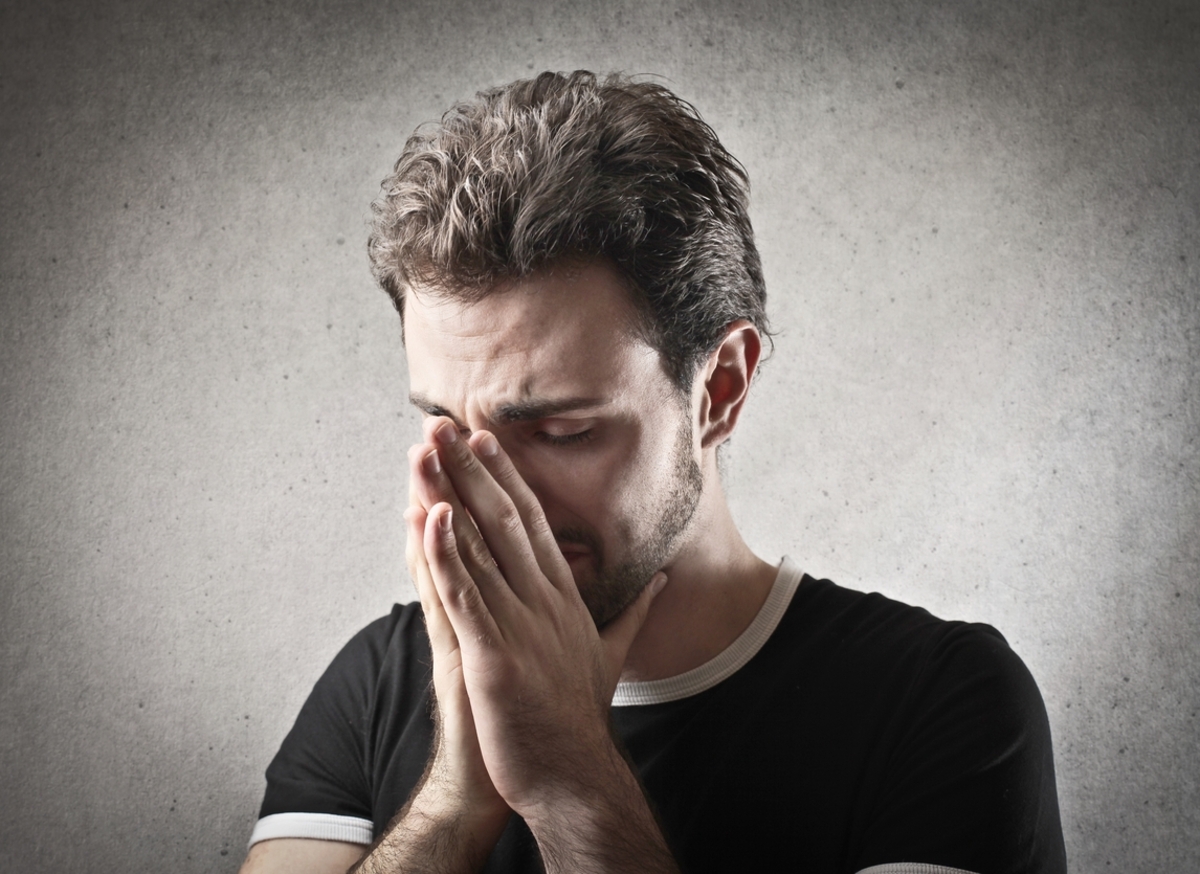Schizophrenia is a rare but serious as well as extremely stigmatized mental illness that can cause people who suffer from it to become delusional, experience hallucinations, and interfere with their thoughts and motor movements. An extremely frightening disorder to be saddled with, the symptoms are also frequently scary for those around the patient — leading to social isolation and increasing suffering.
It is no wonder, really, that around half of people with schizophrenia will abuse alcohol or drugs at one point or another. This dual diagnosis is, however, extremely hard to manage. What do you need to know?

What is schizophrenia?
Schizophrenia is a serious psychotic disorder characterized by delusions, hallucinations, disorganized thinking, unusual motor behavior, and so-called negative symptoms. Schizophrenia and its closely related disorders are rare, affecting less than a percent of the population.
Delusions are beliefs that can't be shaken despite evidence that they're not true. Examples of delusions relating to circumstances that can occur in real life can include being convinced someone is in love with you, that you're wealthy and famous, that everyone or specific groups are out to get you, or that disaster is about to strike. One example from the fifth edition of the diagnostic and statistical manual of mental disorders itself illustrates quite clearly how "out there" delusions can become, however, when it talks of "the belief that an outside force has removed [the patient's] internal organs and replaced them with someone else's organs without leaving any wounds or scars". Such beliefs are indeed called bizarre delusions in clinical terms.
Hallucinations are perceptions of things that aren't there but that are so life-like as to be indistinguishable. They can involve sounds, visions, smells, tastes, or sensations. Auditory hallucinations, like hearing voices, are the most common kind in people with schizophrenia.
Disorganized thinking and speech, another defining feature of schizophrenia, may manifest incomprehensible or just incoherent sentences. To put it simply, what the person is saying doesn't make any sense. It can range from mild to severe.
The unusual motor behavior of someone with schizophrenia can include making the same motions over and over again, or more rarely, slowing down to the point of not moving (catatonia). It can also manifest as unusual facial expressions.
So-called negative symptoms are related to how a person expresses themselves and interacts socially. A dull, monotone voice, social withdrawal, not talking to people, reduced facial expressions, and not initiating tasks are all examples.
To be diagnosed with schizophrenia, someone has to display at least one of these five symptomatic categories — which, rather than being unique to the disorder, are also present in other psychotic conditions. A person's daily functioning also comes crashing down, and symptoms should be present for at least six months while other diagnoses have to be ruled out.
Genetics, adverse environments (like stress, trauma, poverty, malnutrition, and physical medical conditions), and brain chemistry disturbances are all contributing factors. Though schizophrenia has no cure, the condition can be managed very successfully, with a combination of antipsychotic medications that keep the defining symptoms at bay and talk therapies.
Why does schizophrenia make someone vulnerable to substance abuse?
The reasons behind the strong link between addiction and schizophrenia are complex. Studies have found that there's a strong possibility that the same genetic risk factors associated with schizophrenia also make people vulnerable to addiction, while the brain chemistry seen in these patients can lead to more intense reactions to alcohol and drugs and a faster path to full-blown dependence.
Another factor, however, is the simple fact that the symptoms of schizophrenia can be intensely scary. Mental illness is heavily stigmatized, and the behaviors someone with untreated schizophrenia displays can lead other people — including loved ones — to distance themselves, as well. In such a situation, anyone would be at a higher risk of abusing alcohol and drugs.
It's important to say that drug use can itself trigger episodes, vastly complicating treatment.
What treatment options are available to people with schizophrenia as well as substance addictions?
Schizophrenia and substance addictions are both tricky to treat. People with either condition may be extremely reluctant to seek help, participate in treatment, and take medications prescribed to them as instructed, and modern medicine doesn't have all the answers yet, either. Recovery and remission are, however, possible.
A dual diagnosis makes the situation that much harder. Research has shown that there is almost no chance of getting either condition under control unless both schizophrenia and substance addiction are tackled together in a tailored treatment plan. This should include second-generation antipsychotics, which control schizophrenia symptoms as well as encouraging people in their abstinence from alcohol and drugs, and psychotherapy.
Community support, a supportive and helpful social network, education of relatives, and a case worker who can help someone with schizophrenia and a history of substance abuse stay on track are also essential on the path towards remission.
- American Psychiatric Association. (2013). Diagnostic and statistical manual of mental disorders (5th ed.). Arlington, VA
- Photo courtesy of SteadyHealth


Your thoughts on this